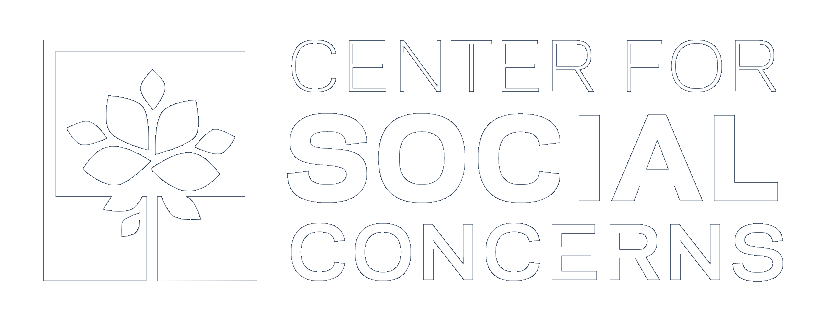During the summer of 2020, many Americans took to the streets after the murder of George Floyd and emerging statistics about COVID health disparities brought issues of racial justice to the foreground of national discourse. In response, The Purpose Project at Duke developed the Race and the Professions Fellowship, a year-long program for graduate students to explore the challenges of racial inequities and the work of antiracism in the professions, the broader community, and the world.
Funded by a grant from The Duke Endowment, The Purpose Project at Duke is a multi-year, campus-wide initiative focused on integrating a focus on character, purpose, and vocation into undergraduate, graduate, and professional education. The Race and the Professions Fellowship was designed to make clear the connection between virtue and anti-racism work, and to give students a place to work through how their vocational purpose could align with the pursuit of racial justice.
“In creating the fellowship last year, and in wanting to bring together a diverse group of graduate and professional students from different walks of life, we understood that the fellowship could not be a ‘how-to-eradicate-racism-in-three-steps,’ as if it were that simple,” said A.J. Walton, associate director of The Purpose Project. “But what we wanted was to create a space for students to learn from others who’ve been in the trenches studying and doing the work, and — in thinking alongside each other and seeing commonalties across professions – begin or continue to think of ways to trouble the waters in their own fields.”
More than 200 graduate and professional students applied to the fellowship. Twenty-eight fellows were chosen, representing eight schools, eight Trinity departments, and three interdisciplinary programs.
Beginning in September 2020, fellows participated in regular virtual meetings. At most meetings, they heard from a guest speaker about his or her personal journey reckoning with racial issues. The fellows then had the chance to interact with the speaker. After the speaker left, the meetings transitioned to small group breakout sessions followed by a large group discussion.
“Some of our speakers were politicians and religious leaders who’ve taken risks to pursue racial justice, realizing it might lead to the loss of their own jobs,” said Walton. “Others were people working in large companies who discussed the wisdom necessary to navigate racism and anti-racism work as professionals in corporate America. All of the speakers emphasized the importance of and their commitment to the work, whatever vocation they found themselves in.”
Students wrote reflections after these meetings. They wrestled with the messy and often complicated nature of the work, and considered together the on-the-ground opportunities and barriers that exist within their fields.
“To be the first of anything is never easy, especially virtually and in a pandemic, but session-to-session our inaugural cohort chose to show up, be vulnerable, and to use their life and professional experiences to challenge each other, our guest speakers, and especially the facilitators,” Walton said. “Their voices will, for sure, have an impact on how the fellowship takes shape in the future and ultimately the professions in which they’ll enter.”



